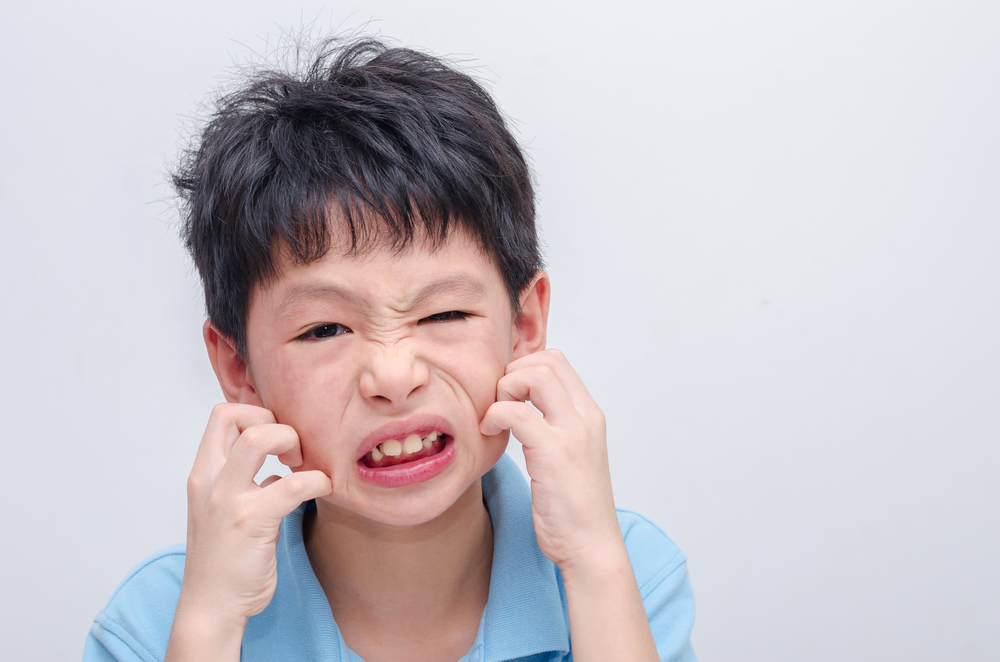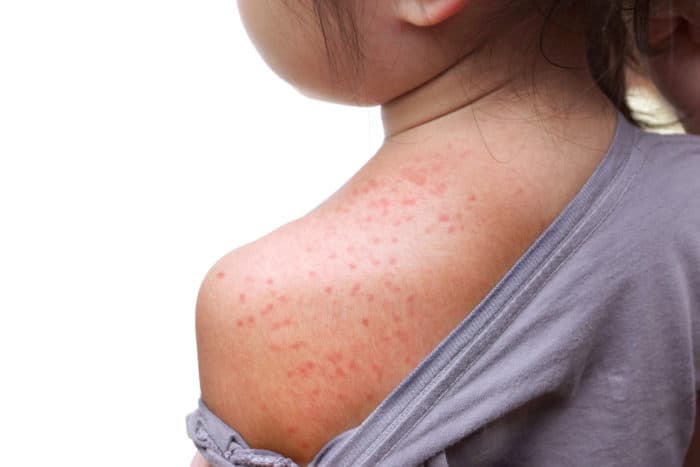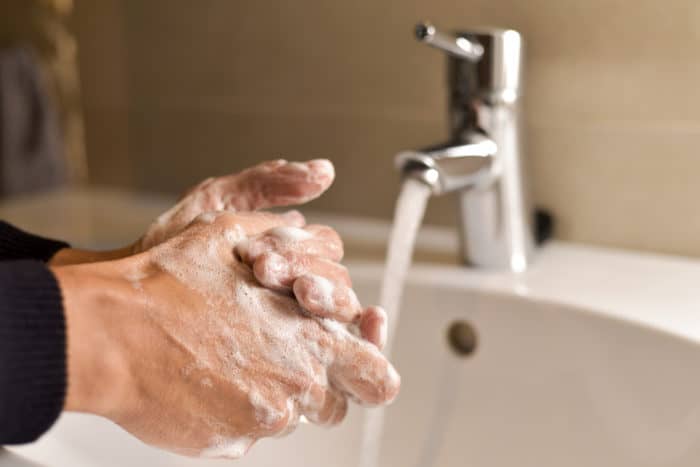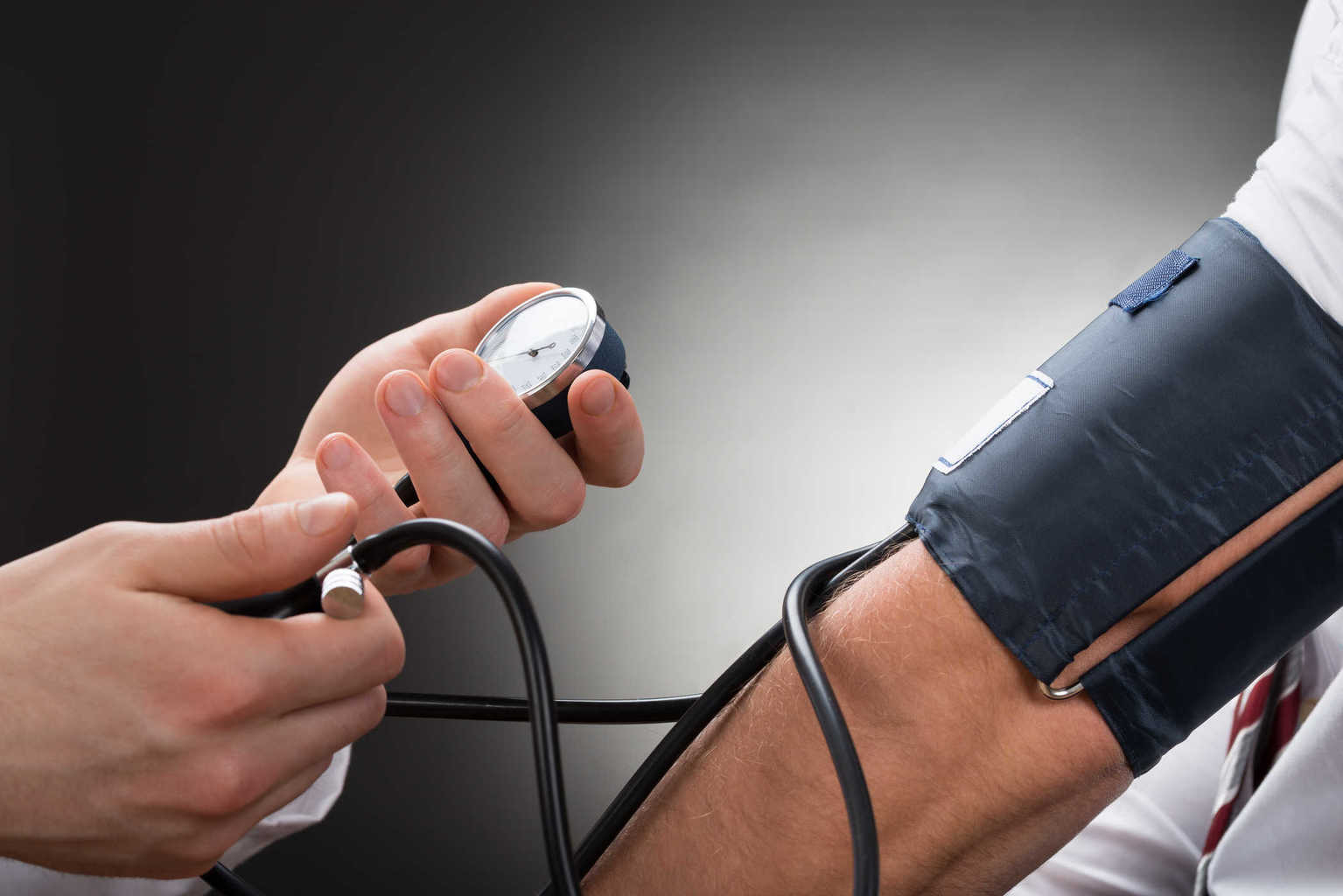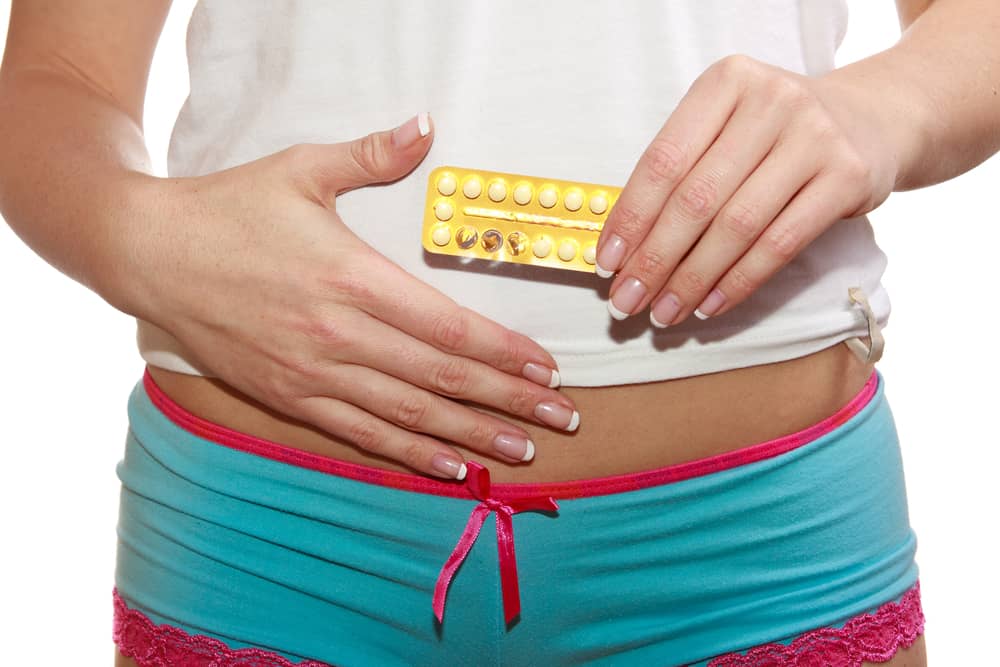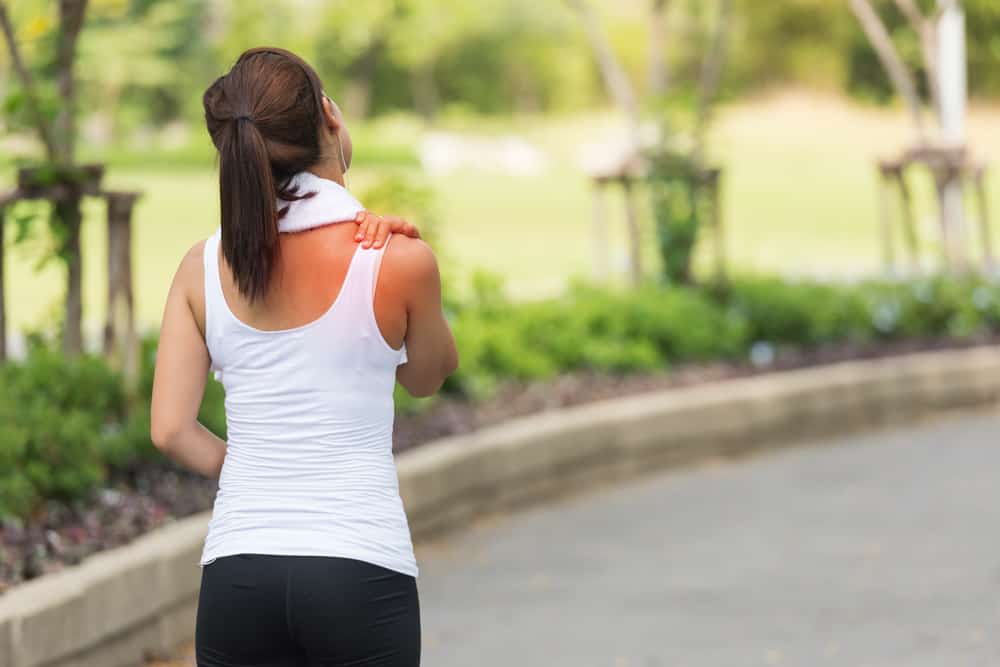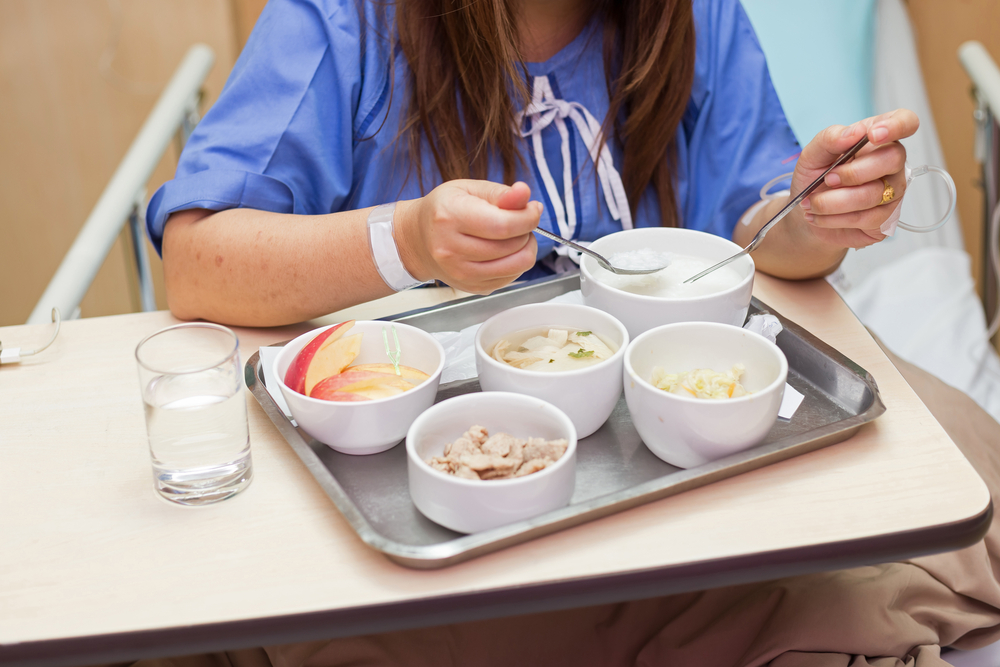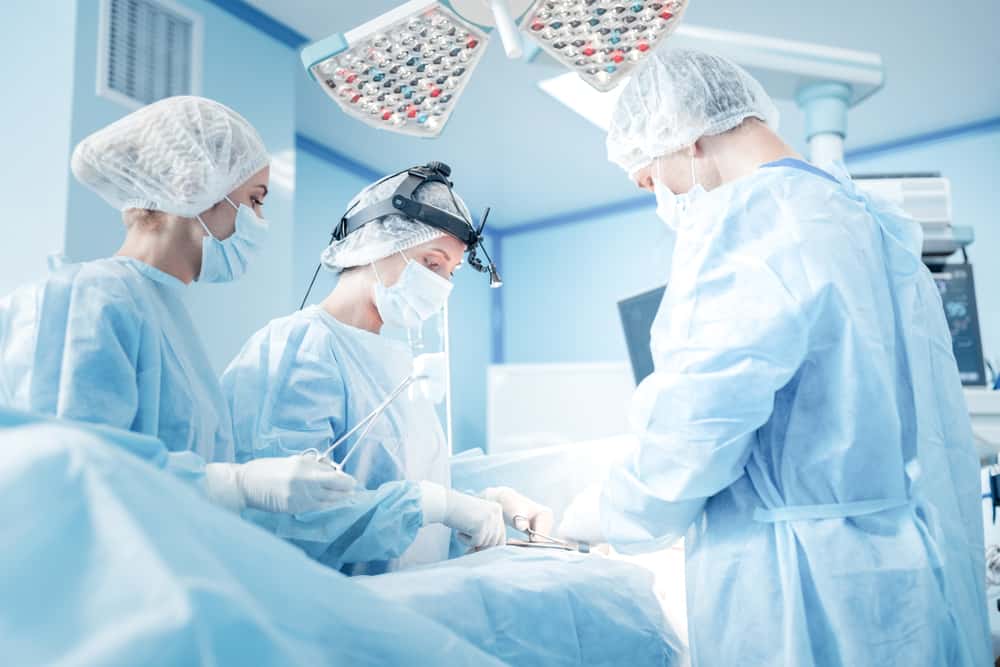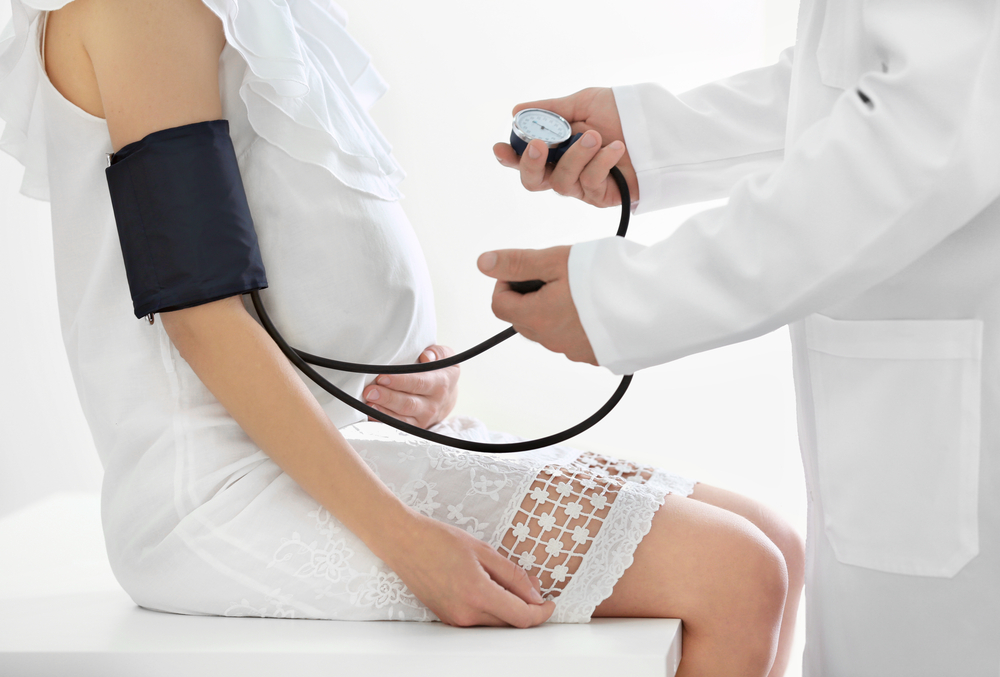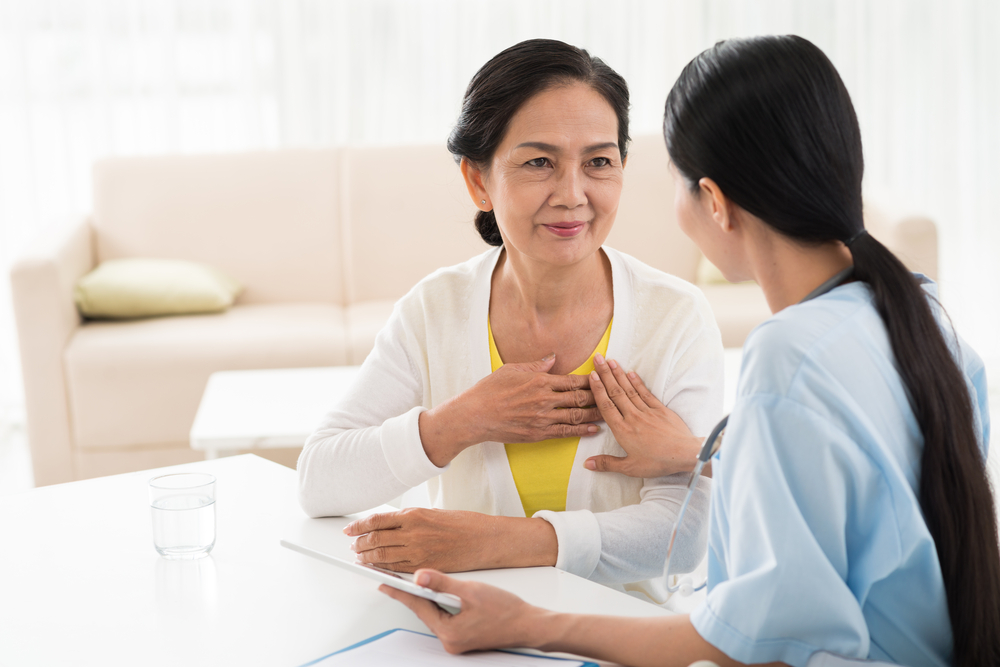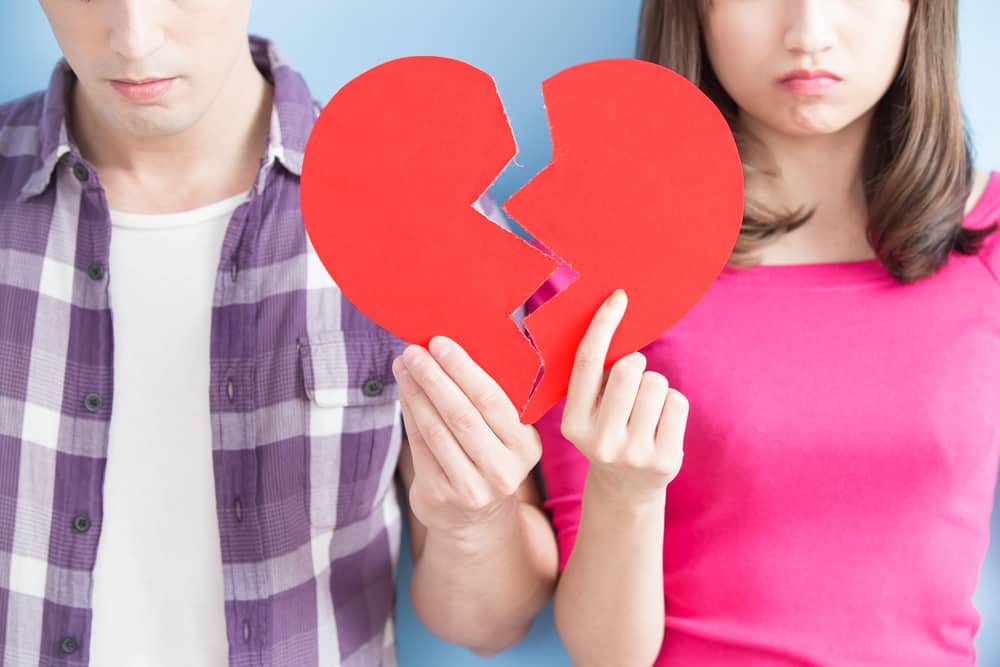Contents:
- Medical Video: Slapped Cheek Disease - Dr Kirthi Vidyasagar
- Transmission of erythema infectiosum is by air
- What are the signs and symptoms of erythema infectiosum?
- Initial symptoms
- Main symptoms
- Treatment for erythema infectiosum
- Is there a way to prevent erythema infectiosum?
Medical Video: Slapped Cheek Disease - Dr Kirthi Vidyasagar
There are many medical conditions that can cause the appearance of a red rash on the cheeks, such as rosacea and lupus. But in a few cases, cheek rashes can be caused by erythema infectiosum. Erythema infectiosum is a contagious disease due to parvovirus B19 infection which generally affects children around the age of 5-14 years. Another name for erythema infectiosum is the fifth disease (fifth disease) This disease is the cause of upper respiratory tract infections (ARI) in children. See how to prevent and treat erythema infectiosum.
Transmission of erythema infectiosum is by air
The cause of the disease erythema infectiosum is parvovirus B19. This virus spreads through the air through splashes of saliva and phlegm when sneezing or coughing. Parvovirus can also be transmitted from one person to another through close, repeated, and prolonged skin contact.
Parvovirus 19 can settle in the body within 4 to 14 days after the body is infected. This time range is called incubation. Viruses will quickly spread in crowds where people gather, such as schools. People tend to be exposed to this virus during the transition season, which is the change of the rainy season to the dry season.
What are the signs and symptoms of erythema infectiosum?
Symptoms of erythema infectiosum tend to be mild, can not even appear at all in some people. However, erythema infectiosum is most contagious during the incubation period (4-14 days the virus stays in the body after the first exposure). Then you still need to be aware of symptoms that might arise. Usually you will experience symptoms around 1 to 6 weeks before finally completely recovering.
Initial symptoms
About 10 percent of people usually have initial symptoms for 5 to 10 days which are marked by:
- Mild fever
- Fatigue
- Itchy
- Stomach ache
- Sore throat
- Headache
Main symptoms
When the virus begins to develop, other symptoms that will appear are:
- Fever that is higher than before
- Have flu-like symptoms
- Runny nose
- Nasal congestion
- Fatigue
- Sore throat
In addition to the various symptoms above, some people will experience other symptoms such as nausea, diarrhea, abdominal pain, and joint pain that is usually felt by adults. Joint pain in adults usually attacks the hands, wrists, knees and ankles. This pain can last for two weeks to more than a year.
After that, the rash on the cheeks will appear in three stages, namely:
The first stage
A red rash like pimples (papules) that will appear on the cheeks. After the red papules appear then within a few hours they will form red plaques, slightly swollen, and feel warm. However, this rash does not appear on the nose and around the mouth.
Second stage
After four days, this rash will likely appear on the arms and also the body. Usually the shape becomes like a lacy pattern.
Third phase
The third stage is a recurrent rash. In this phase the rash is actually gone. However, when you are exposed to direct sunlight, this can trigger it to reappear. Usually when you are almost healed, the rash will itch but cause no pain.
When symptoms of a rash appear, the virus is no longer contagious. So, you can still interact with other people without worrying about transmitting it.
Treatment for erythema infectiosum
The fifth disease is not severe for most children. Most cases of erythema infectiosum also do not require special treatment. Treatment is only to reduce symptoms. For example for fever, flu, and complaints of pain such as headaches or joint pain, you can give paracetamol or ibuprofen. While to relieve itchy skin rashes, you can give antihistamines.
The rest, you can consume lots of fluids and adequate rest to speed up recovery. However, if the immune system continues to weaken, it is likely that the doctor recommends that you be hospitalized for antibodies through blood transfusions.
This disease sometimes approaches adults and can be very dangerous for pregnant women.
Is there a way to prevent erythema infectiosum?
Basically, there is no vaccine or drug that can prevent Parvovirus B19 infection. However, you can reduce the possibility of being infected or infecting other people by:
- Wash your hands frequently with soap and water.
- Close the mouth and nose when coughing and sneezing.
- It does not touch the eyes, nose and mouth when you are sick.
- Avoid contact with people who are sick.
- Bed rest at home when I'm sick.
- Always keep your immune system strong, with nutritious eating, exercise and adequate rest.

